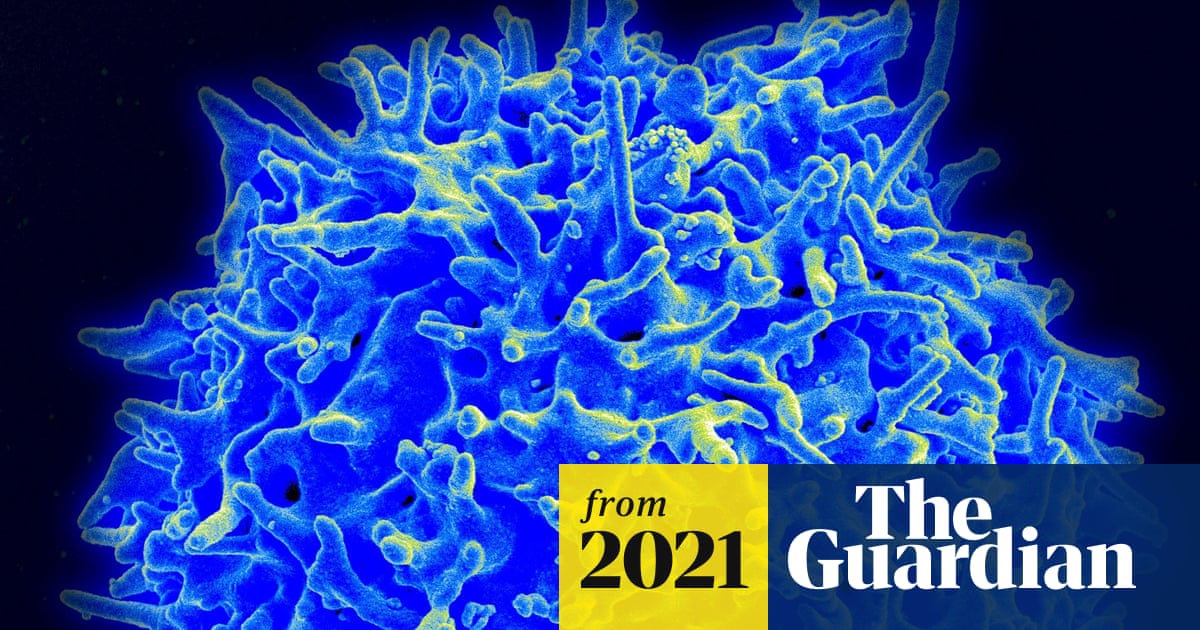Not at all; your posts just don't stand up to scrutiny.
But you are following the same advice I've given, whether you got it from me or not!
I get my knowledge on the subject from sources such as:
So even in the most affected cohort, i.e. immunocompromised people, effectiveness is around 74% "against symptomatic medically attended COVID-19".
It is widely accepted that the effectiveness of vaccines against
serious symptoms is much greater than the effectiveness against symptomatic Covid.
Also this study was done before the virus mutated into a less virulent form, i.e. "Omicron".
How many cases has Germany had in the past 7 days and how much worse do you think that would be?
Likewise in France a couple of weeks ago when their cases skyrocketed; their cases were far higher than ours ever were. How could that be and how high do you think they would have gone without masks?
Also why are cases declining in England since the mask mandate was removed (as happened after 19th July) despite the emergence of the more contagious variant of Omicron?
I'm pretty sure FFP2/3 masks would take longer to decomose than flimsy masks and would take up more space; furthermore many people do not replace the masks as often as recommended. You can't answer the question because you know the answer would be extremely damning from an environmental perspective. Do you care about the environmental concerns?
Exactly; you can't force people. Mandates and guilt tripping people are dead ducks. If you want to try to avoid exposure of the virus, you have the ability to wear a tight fitting FFP2/3 mask at all times (including among friends and family members) indefinitely if you want but even that won't be enough and you will be exposed eventually.
Cases rise when mandates are put in place, and yet the mandates "work"?
Cases decrease when mandates are lifted, and yet mandates "work"?
Countries where mask wearing is strict go up even higher than ours, and yet mandates "work"?
This sounds a very weak argument to me!
That's a huge understatment; FFP3 masks don't just work "better" they are almost 100% effective (when correctly worn, stored, handled etc) while flimsy masks are not effective and were never designed for the purpose of preventing the spread of viruses.
Are you saying you were not immunocompromised untl 2020, coincidentally?
Again this is an understatement; FFP3 masks are
highly effective and it is disingenouos to claim they merely "appear to be more effective" than flimsy, loose fitting masks which are not designed to filter aerosols which carry Sars-CoV-2.
I am puzzled as to why you are downplaying the effectiveness of FFP3 masks while keen to claim that flimsy, loose fitting masks are effective, and suggest that there isn't much between them? That is not scientific and I wonder what agenda this serves?
Flimsy loose fitting masks are of no use whatsoever.
But I thought you were wearing a highly effective FFP3 mask? If you are, it makes no difference whatsoever to you what other people do or don't wear as your mask is almost 100% effective (if worn/stored/handled correctly).
This "study" falsely claims that cloth masks are effective in preventing the wearer, however the most vocal advocates of mandatory masks will admit that cloth masks are ineffective in protecting the wearer. It is a very old study dating from nearly two years ago now. It ignores the fact that we now know Sars-CoV-2 is transmitted through tiny aerosol particles.
The "study" is not actually a study in itself; it simply lists
other studies! They did not perform any actual analysis themselves. I've already linked you to a real-world study where FFP3 masks were compared with flimsy masks of the sort worn by surgeons (which are themselves more effective than cloth masks) and the flimsy masks were found to be ineffective.
The data is incredibly outdated as it claims that countries which mandated masks had low case rates, and yet what has happened in France, Germany etc where they go absolutely mask mad? How many cases did France have in a week a couple of weeks ago? How many cases has Germany had in the past week?
You keep repeating the same things but you duck the questions; if you are not going to engage constructively, there is no point continuing this discussion.

